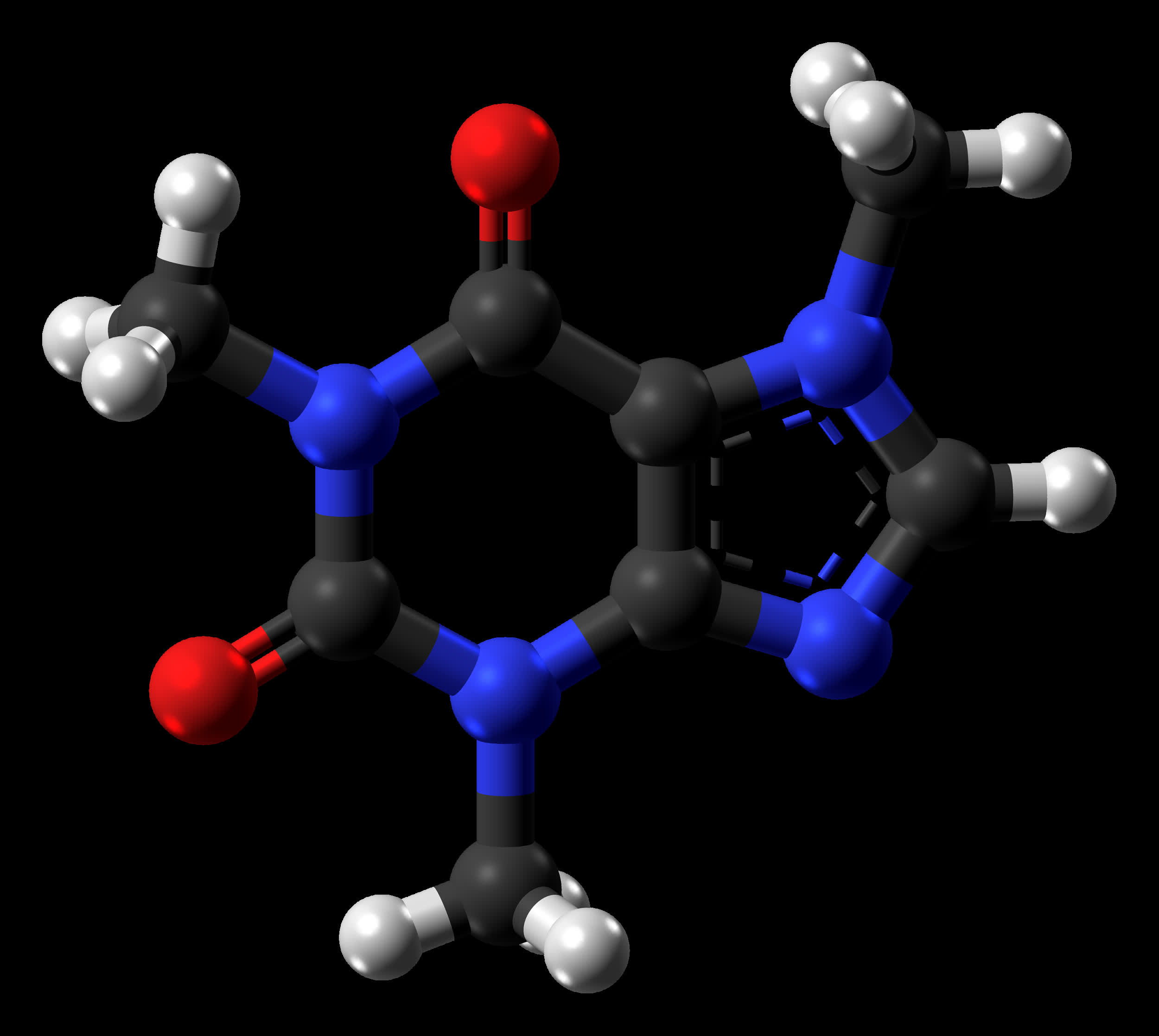High on Caffeine: Caffeine is the most widely consumed psychoactive substance in the world, and it's found almost everywhere. People consume it through coffee, tea, soft drinks, energy drinks, and more. According to new research, caffeine may do more than just help you stay awake after a long night – it could have other surprising benefits as well.
A recently published study confirms what caffeine enthusiasts have suspected all along: the naturally occurring stimulant is not only great for waking up the mind but may also help keep the body healthier. Researchers are now shedding light on the fascinating cellular processes through which caffeine exerts these benefits – specifically, how it helps regulate the body's response to DNA damage and shifts in energy levels.
The research team, led by John-Patrick Alao, studied fission yeast, a single-celled organism that shares key similarities with human cells. They found that caffeine influences an ancient cellular energy pathway known as the target of rapamycin, a regulatory system that has existed in living organisms for hundreds of millions of years. Interestingly, caffeine does not appear to activate TOR directly.
Instead, the stimulant achieves similar effects by acting on another vital cellular complex: AMP-activated protein kinase. This enzyme plays a key role in maintaining cellular energy balance by activating the uptake of glucose and fatty acids when energy levels are low. AMPK is found in both yeast and human cells, highlighting the broader implications of the study.

"When your cells are low on energy, AMPK kicks in to help them cope," the study senior's author Charalampos Rallis explains, "and our results show that caffeine helps flip that switch." AMPK has also become an interesting target for diabetes drugs, and a potential mechanism to extend human lifespan with Rapamycin.
The researchers used their yeast-based model to observe caffeine's impact on these vital cellular processes. According to the study, caffeine has a significant effect on AMPK, influencing how cells grow, repair DNA damage, and respond to stress. Together, these mechanisms shape the body's broader response to aging and disease.
Alao noted that the findings help explain how and why caffeine may promote health and longevity. Future studies could explore whether similar benefits can be achieved more directly, like through lifestyle changes or the development of targeted new drugs.
